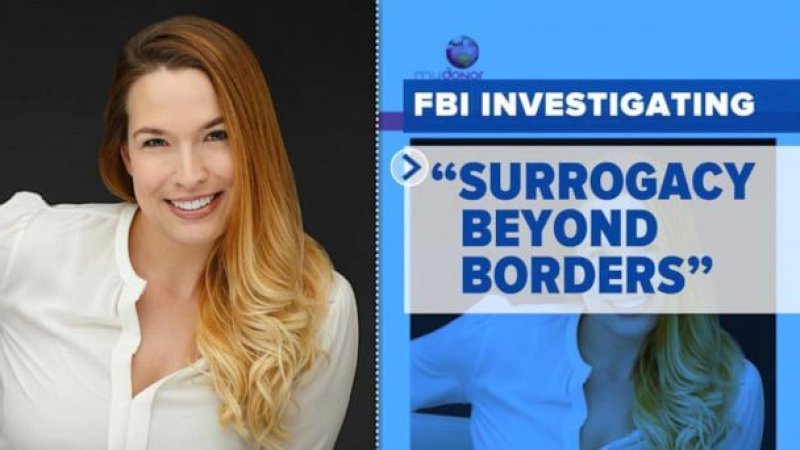Couples could save “over 60% compared to US options” by using surrogates in Mexico, [Lilly Frost’s] website advertised, touting “ethical, transparent and quality surrogacy affordable to couples all over the world.”
In a multibillion-dollar industry built on the dreams of would-be parents, Frost told many of her clients in emails that she could provide something few others would dare: a guarantee. For a flat fee — covering in vitro fertilization, legal expenses, surrogates and their medical bills — she promised customers they would become parents, no matter how many IVF attempts or miscarriages occurred.
She treated many clients like friends, trading texts and sharing details of her life as a mother of three. Once in her orbit, they reviewed catalogs of surrogates, wired payments and delivered sperm samples.
But hundreds of thousands of dollars later, many of them had no baby — and Frost was out of business and under FBI investigation.
The savings that Frost promised her clients came in large part from how little she had to pay the surrogates in Mexico… Dr. Azul Torres, an IVF cycle coordinator in Cancun, said many of the surrogates were poor and would arrive at her clinic with little understanding of how invasive the process would be.
“I don’t think they knew the scope of what they were doing,” she said.































